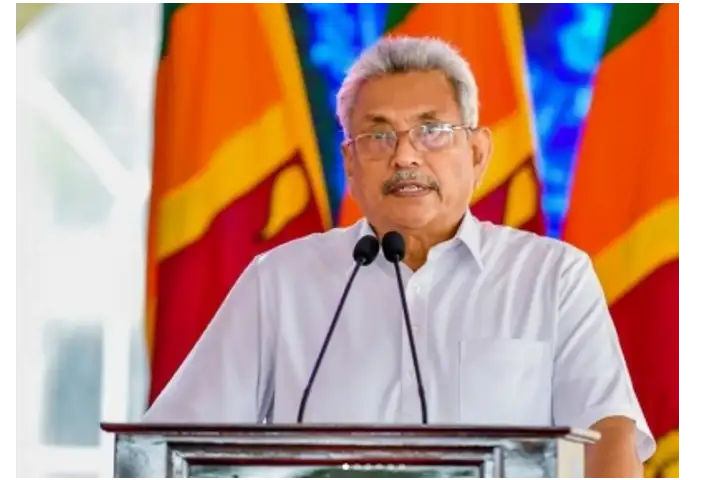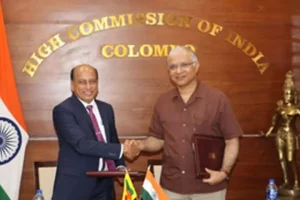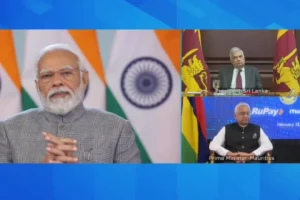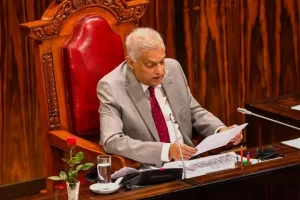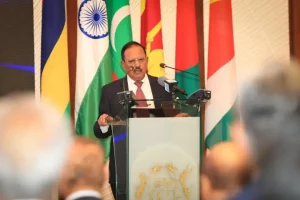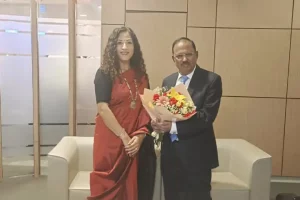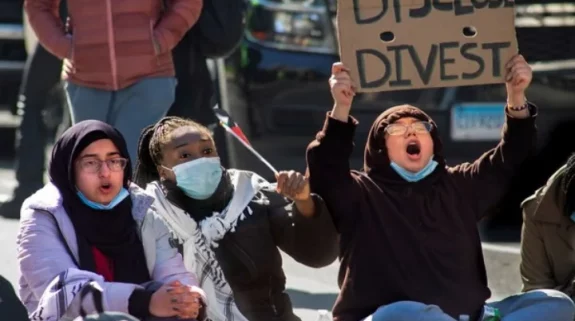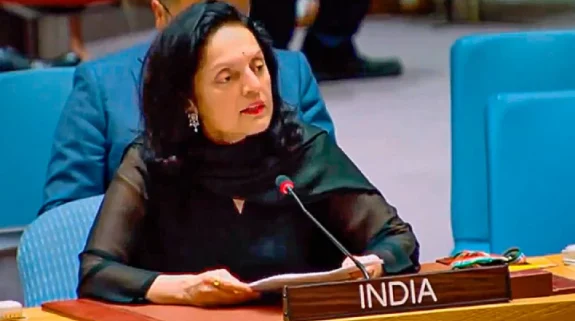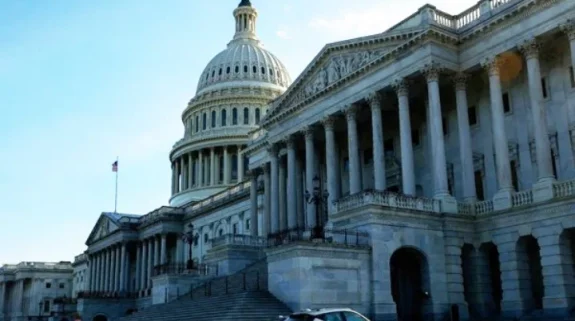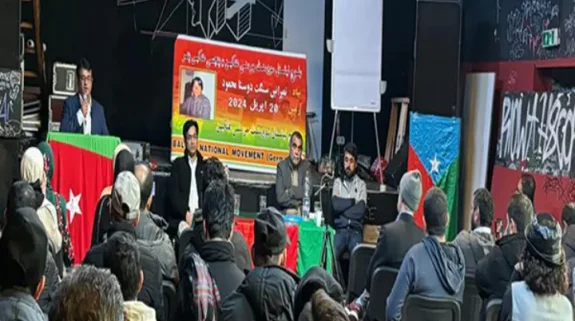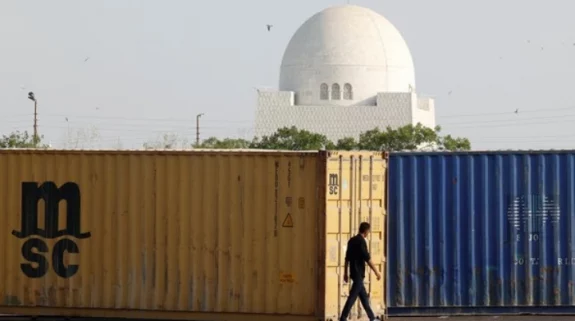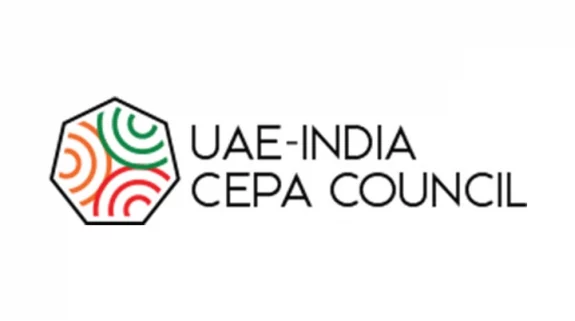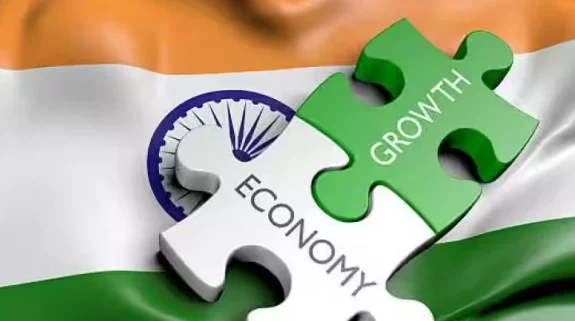Sri Lankan President Gotabaya Rajapaksa assured visiting Indian Foreign Secretary Harsh Vardhan Shringla that Colombo will not allow any activity that threatens India.
Shringla concluded a four-day tour of the Indian Ocean island where he took up issues related to the rights of Tamils, the pace of Indian development projects and improving bilateral relations through tourism and better connectivity.
In a high profile visit, Shringla met President Rajapaksa on Tuesday after having met the Prime Minister Mahinda Rajapaksa, the foreign minister and other members of the Sri Lankan cabinet.
As reported by India Narrative earlier Shringla's visit concided with a 12-day military exercise between the two countries at the Combat Training School, Ampara, Sri Lanka. The Defence Ministry said that "an all arms contingent of 120 personnel of the Indian Army will participate in the exercise along with a battalion of the Sri Lankan Army".
The aim of the military exercise is to promote relations between the armies, enhance inter-operability and share best practices in counter insurgency and counter terrorism operations, says the Defence Ministry. The exercise between the two armies follows on the heels of a recently-concluded naval exercise.
Rajapaksa assured Shringla that Sri Lanka's expanding relations with China will not pose a threat to India.
Had a fruitful discussion w/ Indian Foreign sec. @harshvshringla. Both agreed on the need for strengthening the lasting bond b/w 2 countries. I invited Indian investors to come to #SriLanka, while we discussed tourism, power generation & post-pandemic economy revival. pic.twitter.com/GPHCDreHP9
— Gotabaya Rajapaksa (@GotabayaR) October 5, 2021
A release by the President's office said: "Sri Lanka would not be allowed to be used for any activity that could pose a threat to India's security". The release added that Rajapaksa explained the nature of Sri Lanka's relationship with China "in a comprehensive manner and informed the Indian Foreign Secretary not to have any doubts about it".
Analysts point out that Sri Lanks appears to be gradually pivoting towards Asian democracies, incuding India and Japan that have problematic ties with China.
Earlier this week three Japanese warships, including a multi-purpose destroyer, arrived in Sri Lanka as part of a bilateral exercise between the two nations. Of the three warships–Kaga, Murasame and Fuyuzuki–the first two will stay back to participate in a joint naval exercise–JA- LAN EX–with the Sri Lanka Navy while Fuyuzuki will replenish and leave.
Shringla impressed upon the Sri Lankan President to implement the 13th amendment to the Constitution, including devolution of powers and the holding of Provincial Council elections with a view to granting more rights to the Tamils. The 13th amendment provides for devolution of power to the Tamils which had been promised after the end of the civil war.
The Indian foreign Secretary had earlier visited Kandy, Trincomalee and Jaffna–all Tamil dominated areas, over their deep historical, cultural and economic links with India. He had also met with the representatives of various Tamil parties and assured them about protecting their political and social rights. He spoke about equality, justice, peace and dignity for the Tamils within the provisions of the Sri Lankan constitution.
Shringla also stressed upon improving relations by enhancing air and sea connectivity between the two nations. He also thanked Sri Lanka for close cooperation in the defence and security sphere and to collectively overcome the economic and health challenges posed by the coronavirus pandemic.
India has shared its apprehensions with Colombo over its rising partnership with Beijing. China has already taken over the Hambantota port at the southern tip of Sri Lanka on a 99-year lease and is also deeply invested in the high-profile Colombo Port City project.






